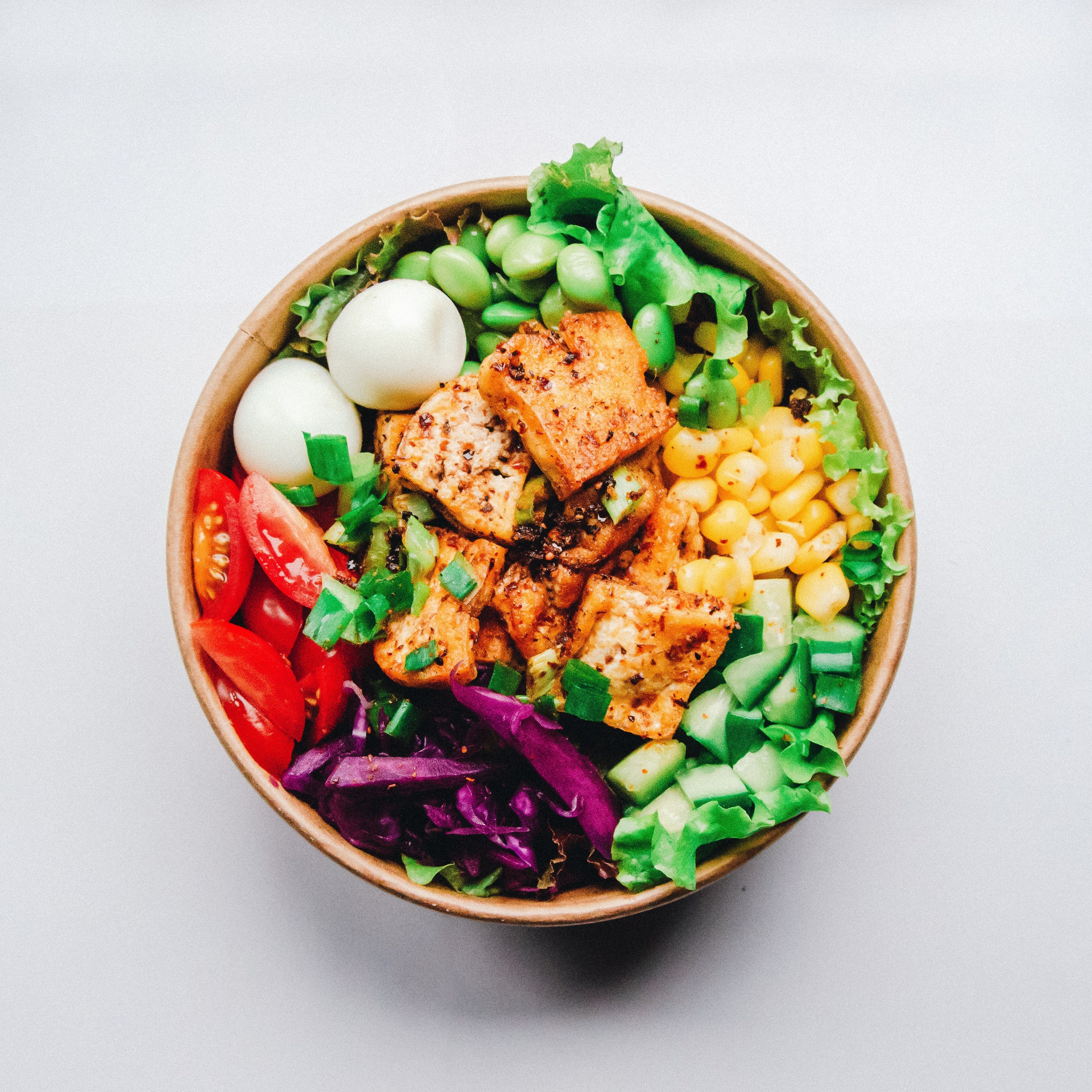About 20% of the human body is made up of protein.
Because your body doesn't store protein, it's important to get enough from your diet each day.
Foods derived from plants and animals can both provide protein, but there are some differences.
The Amino Acid Profile Varies Between Plant and Animal Proteins

Proteins are made up of amino acids. A person’s body needs a balance of all 22 types of amino acids to function correctly.The body cannot produce nine of these acids, called essential amino acids.
A complete protein source refers to a type of food that contains all nine.
Having the right balance of amino acids can build muscle and help the body to recover from exercise quickly.
One of the main differences between plant and animal proteins involves their amino acid contents.While animal proteins tend to contain a good balance of all the amino acids that we need, some plant proteins are low in certain amino acids.
For example, some key plant proteins are often low in methionine, tryptophan, lycine and isoleucine.
Some animal products are complete sources of protein, such as:
- fish
- various types of eggs
- dairy products, such as cheese, milk, and whey
- red meat from cows, bison, and deer
- poultry from sources such as chickens, turkeys, and quails
- meat from less common sources, including boars, hares, and horses
However, some plant-based foods, such as quinoa and buckwheat, are complete sources of protein.
It is important for vegetarians and vegans to mix their protein sources and ensure that they are getting all of the essential amino acids.
Also, keep in mind that some sources of plant protein may take longer for the body to digest and use.
The following are examples of plant-based foods rich in protein:
- grains
- lentils
- nuts
- beans
- legumes
- certain fruits, such as avocados
- soy
- hemp
- rice
- peas
Certain Types of Meat May Cause Disease

Red meat is a high-quality source of protein.
It offers good amounts of:
- protein
- vitamins, such as B-6 and B-12
- minerals, including iron, zinc, and selenium
Trimethylamine N-oxide (TMAO) is a dietary byproduct that is formed by gut bacteria during digestion. The chemical is derived in part from nutrients that are abundant in red meat. High saturated fat levels in red meat have long been known to contribute to heart disease, the leading cause of death in the United States. A growing number of studies have identified TMAO as another culprit.
On the other hand, Diets high in plant protein, such as the vegetarian diet, are linked with many health benefits.
Studies suggest vegetarians tend to have a lower body weight, lower cholesterol and lower blood pressure levels.
They also have a lower risk of stroke, cancer and death from heart disease than non-vegetarians.



